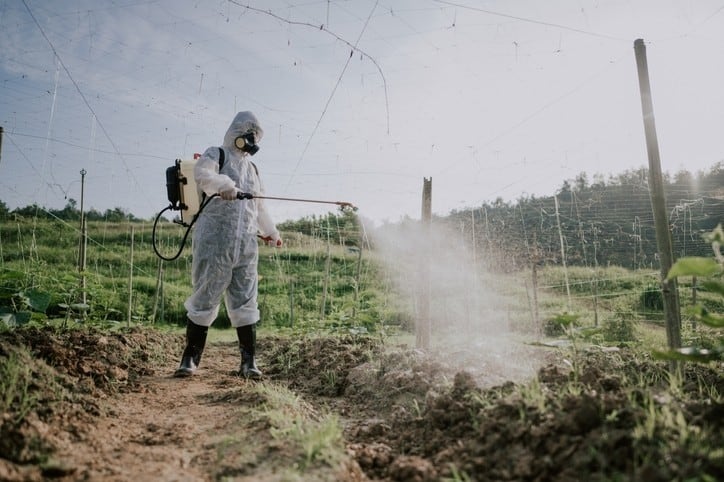The South Korean Ministry of Agriculture, Food and Rural Affairs’ (MAFRA) Rural Development Administration (RDA) and the Ministry of Food and Drug Safety (MFDS) have renewed a decade-old contract from back in 2013, pledging to lower the limit of pesticide and chemical residues allowed in the local food supply for the good of both public food safety and improving the export potential of domestic foods.
“We will be establishing limits and safe use standards to be enforced under the Pesticide Permissible Substances List Management System (Positive List System, PLS),” both ministries stated via a formal statement signed by MFDS Minister Oh Yoo-Kyung and RDA Director Cho Jae-ho.
“A memorandum of agreement has been signed on February 1, 2024 which will promote close co-operation regarding the safety management of pesticide residues in food as well as to increase the exports of Korean agri-food products.
“Crucially, it has been agreed that both parties will share and jointly utilise available data for this food safety management, including information on pesticide residue test reports in crops and the intake of food by the public to assess potential exposure to pesticides.
“This will help in establishing an efficient operating system and creating a distribution environment for safer and higher-quality agri-food products.”
Both ministries are also keen for South Korea to adopt international standards for pesticide residue limits in foods so that exports will be readily in line with the requirements of more global markets.
“There are many positive effects to be expected by promoting the use of international standards for pesticide residue limits in the domestic market,” they added.
“One of these that can be expected would be an increase of exports to other markets that use such international standards, such as many South East Asian countries.”
The PLS system prohibits the use of all pesticides other than registered and approved variants to be sprayed on agricultural crops or found in the resulting food products. The presence of unregistered pesticides or other substances which do not have set standards regarding residual limits have a uniform standard of non-detection which is 0.01 mg/kg.
Children’s food safety and quality
In addition, MFDS is also attempting to ensure the nutritional quality and safety of food targeting local children through the Children's Meal Management Support Centre, with support from its new Food Safety Management Centre launched February 9 this year.
“The Children's Meal Management Support Centre staff will receive specialised training from the MFDS Food Safety Management Centre which scope has been expanded to include dietary hygiene, safety, and nutritional policy support,” Oh said via a separate statement.
“Areas the Centre is already looking at are the provision of customised meals, dietary education, programmes to reduce sodium and sugar intake, and more, but they will receive even more education and training to cover children's nutrition management according to age and diseases such as obesity, diabetes, eating disorders and so on.
“A balanced nutritional intake and dietary education are important for growing children whilst their eating habits are being established, as this will determine their lifelong health.”
South Korea’s Children's Meal Management Support Centres support the food safety and nutritional management of local children canteens that do not have dedicated nutritionists - 236 such centres nationwide provide support for 35,541 child-dedicated food outlets.

